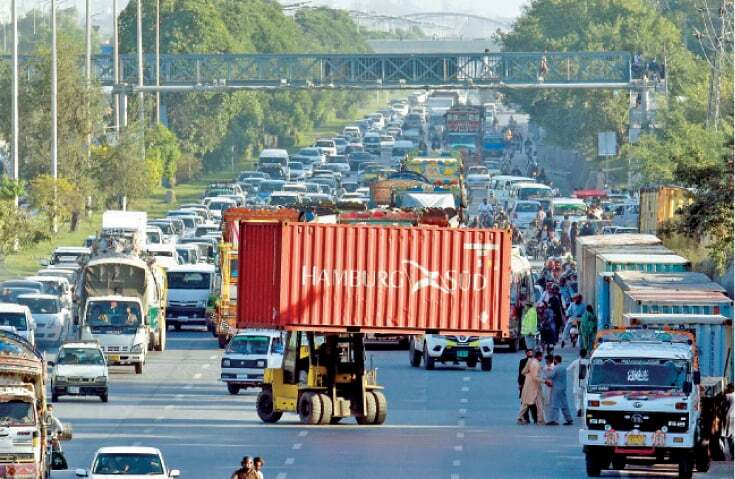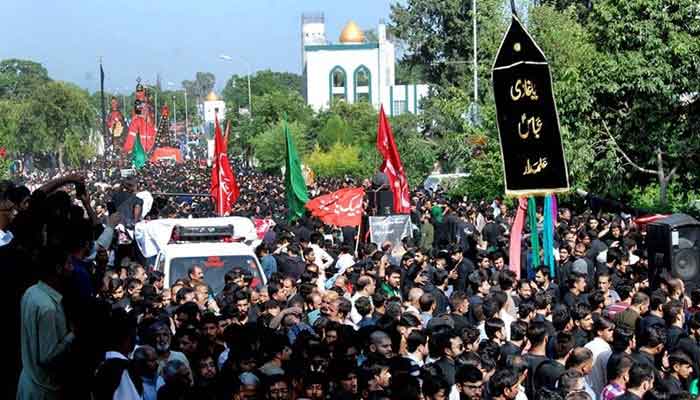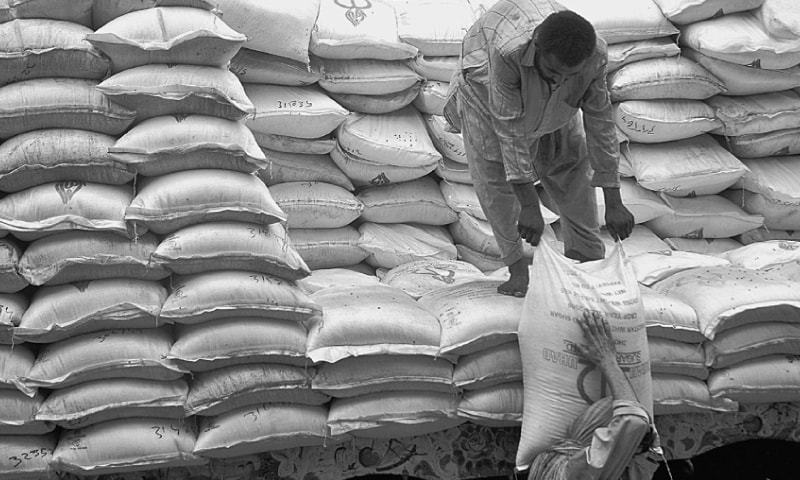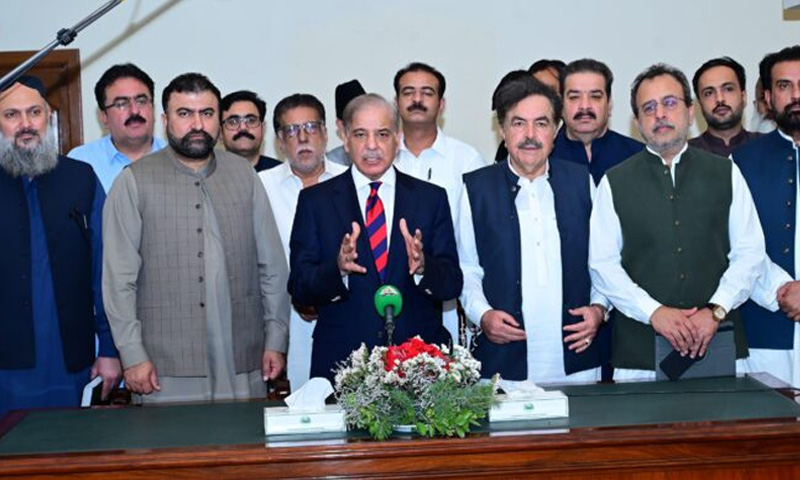The scheduled protests by Pakistan Tehreek-e-Insaf (PTI) and Jamaat-e-Islami (JI), authorities have taken preventive measures by closing the Faizabad interchange, a key junction connecting Rawalpindi and Islamabad. Heavy barriers and containers have been placed to block access, reflecting the gravity of the upcoming demonstrations.
The opposition parties, PTI and JI, have organized these protests to address several pressing issues. The primary focus is on the recent hike in power tariffs and inflated electricity bills, which have put immense financial strain on the populace. Additionally, the protests aim to demand the release of PTI leader Imran Khan, who is currently detained. PTI leader Asad Qaiser has emphasized that the demonstrations will push for three main demands: the immediate release of incarcerated PTI leaders and supporters, restoration of peace, and a stand against the surging inflation that is affecting everyday life.
To ensure security and maintain order during the protests, authorities have implemented stringent measures. Containers have been set up on both sides of the Faizabad bridge, effectively blocking all routes to and from Islamabad. A substantial police presence has been deployed on the Rawalpindi side to manage the situation. In addition to these measures, Punjab authorities have enforced Section 144 for three days ahead of the protests, which prohibits gatherings of more than four people and aims to prevent any potential unrest.
The road closures extend beyond Faizabad. Containers have been strategically placed along GT Road and at other key points, ready to seal off routes if necessary. Specific locations like Bhai Khan Bridge, Mandra Toll Plaza, and Rawat T-Chowk have been identified by Islamabad police as potential points for road closures. These precautions have led to severe traffic jams, causing significant delays for commuters.
The blockade of key routes has resulted in massive traffic congestion, particularly affecting those traveling from Islamabad Airport to Islamabad and Rawalpindi. The link road from Lahore and Peshawar to the motorway has been restricted to a single lane, causing long queues and substantial delays. This disruption is not only a logistical nightmare for daily commuters but also poses challenges for emergency services and those needing to travel for urgent matters.
The closure of the Faizabad interchange and other major routes has sparked public frustration. Many commuters have expressed their dissatisfaction with the severe traffic delays and the inconvenience caused by the roadblocks. The protests and the subsequent government response highlight the growing political tensions in Pakistan. The opposition’s demands for the release of political prisoners and action against inflation resonate with many citizens who are grappling with economic hardships.
Political protests are not new to Pakistan, where street demonstrations have often been a method for opposition parties to voice their grievances and mobilize support. The current protests by PTI and JI are part of this tradition, using public demonstrations to pressurize the government into addressing their demands. The closure of Faizabad interchange is reminiscent of past instances where key infrastructure has been blocked to prevent the movement of protesters and maintain control over the situation.
The outcome of these protests remains uncertain. If the government concedes to some of the opposition’s demands, it could lead to a de-escalation of tensions. However, if the protests escalate and lead to violent confrontations, it could further destabilize the political landscape. The current situation serves as a critical test for both the government and opposition parties in navigating the complex dynamics of Pakistan’s political environment.




